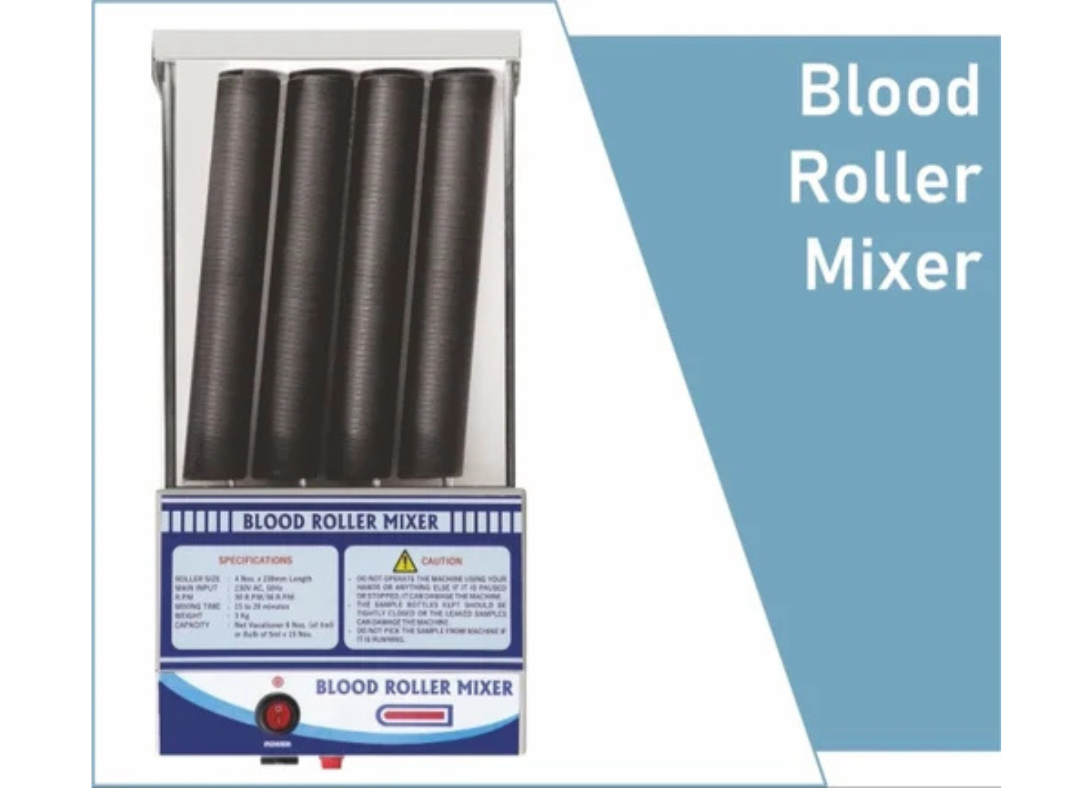4-A Gobind Nagar, Ambala Cantt - 133001, Haryana, India
+91 9996230084
Tips for Accurate Sample Preparation in Research Laboratories

Accurate sample preparation is one of the most critical steps in scientific research. The reliability of experimental results largely depends on how well samples are prepared before analysis. In research laboratories, even minor errors during sample handling can lead to inaccurate results, wasted resources, and delayed projects. At Om Scientific & Electronic Devices, we understand the importance of precision in research, which is why we provide high-quality scientific instruments designed to support accurate and efficient laboratory workflows.
In this blog, we’ll explore key tips for achieving accurate sample preparation and highlight tools and practices that can enhance the quality of your research results.
Why Accurate Sample Preparation is Crucial
Sample preparation is the foundation of experimental reliability. Mistakes at this stage can compromise the entire research process. Here’s why accurate sample preparation matters:
-
Consistency in Results: Proper preparation ensures uniformity across experiments, reducing variability and improving reproducibility.
-
Reliable Data Analysis: Accurate samples prevent misleading results that can skew research conclusions.
-
Time and Cost Efficiency: Avoid repeated experiments due to errors, saving valuable time and resources.
By emphasizing precise sample preparation, research labs can maintain the integrity of their work and achieve credible outcomes.
Common Challenges in Sample Preparation
Before diving into tips, it’s important to understand the challenges that can affect sample preparation:
-
Contamination: Exposure to dust, microbes, or cross-sample interference can compromise sample integrity.
-
Measurement Errors: Inaccurate weighing, pipetting, or volume measurements can lead to inconsistent results.
-
Improper Storage: Incorrect storage conditions can degrade samples and affect their composition.
-
Human Error: Manual handling and inconsistent techniques may introduce variability.
Understanding these challenges helps laboratories implement strategies to minimize errors and ensure precise sample preparation.
Tips for Accurate Sample Preparation
To ensure reliable research results, follow these essential tips:
1. Use Calibrated and High-Quality Instruments
Accuracy starts with the tools you use. Ensure all laboratory instruments, such as balances, pipettes, and centrifuges, are regularly calibrated and maintained. Using precision-engineered devices from trusted brands like Om Scientific & Electronic Devices enhances measurement accuracy and reduces the risk of errors.
2. Follow Standard Operating Procedures (SOPs)
Consistency is key in laboratory work. Develop detailed SOPs for sample preparation and ensure all staff members adhere to them. SOPs should include instructions for:
-
Sample collection and handling
-
Measurement techniques
-
Storage and labeling procedures
Adhering to SOPs minimizes variability and ensures reproducibility across experiments.
3. Maintain a Clean and Organized Workspace
Contamination is one of the most common issues affecting sample preparation. Keep your laboratory space organized and sanitized. Use sterile tools, gloves, and protective equipment when handling samples. Regular cleaning of instruments and work surfaces reduces the risk of cross-contamination.
4. Proper Sample Storage
Preserving sample integrity is vital. Store samples at recommended temperatures and conditions. For instance, biological samples often require refrigeration or freezing, while chemical reagents may need controlled environments. Proper labeling and inventory management prevent mix-ups and degradation over time.
5. Minimize Sample Handling
Frequent handling increases the chance of contamination and measurement errors. Use automated pipetting systems or protective tools to reduce human intervention. Limiting handling helps maintain sample consistency and enhances accuracy.
6. Regular Quality Checks
Incorporate quality control measures at multiple stages of sample preparation. For example, check sample concentrations, volumes, and purity before proceeding to analysis. Regular monitoring helps detect deviations early, allowing for corrections before they affect experimental outcomes.
7. Train Laboratory Personnel
Well-trained personnel are critical for precise sample preparation. Provide regular training sessions on best practices, proper use of instruments, and SOP compliance. Knowledgeable staff reduce errors and contribute to reliable research results.
Advanced Tools to Enhance Sample Preparation Accuracy
Investing in high-quality scientific instruments can significantly improve sample preparation. Key tools include:
-
Precision Balances: For accurate weighing of solid and liquid samples.
-
Micropipettes and Dispensers: Ensure precise measurement of small volumes.
-
Centrifuges and Mixers: Achieve uniform sample homogenization.
-
Laboratory Refrigerators and Freezers: Maintain ideal storage conditions for sensitive samples.
Om Scientific & Electronic Devices offers a wide range of reliable scientific instruments designed to enhance accuracy, efficiency, and reproducibility in research laboratories.
Best Practices for Different Types of Samples
Sample preparation techniques can vary depending on the type of sample:
-
Biological Samples: Use sterile equipment, minimize freeze-thaw cycles, and store at appropriate temperatures.
-
Chemical Samples: Ensure correct dissolution and dilution, and protect from light or moisture if required.
-
Environmental Samples: Avoid contamination from external sources, and process quickly to preserve integrity.
Tailoring preparation methods based on sample type ensures more reliable experimental results.
Conclusion
Accurate sample preparation is a critical step in research laboratories, directly influencing the reliability, reproducibility, and efficiency of experiments. By using calibrated instruments, following SOPs, maintaining a clean workspace, and implementing quality control measures, researchers can minimize errors and ensure credible results.
Investing in high-quality scientific instruments from trusted providers like Om Scientific & Electronic Devices further enhances accuracy and operational efficiency in laboratories.

